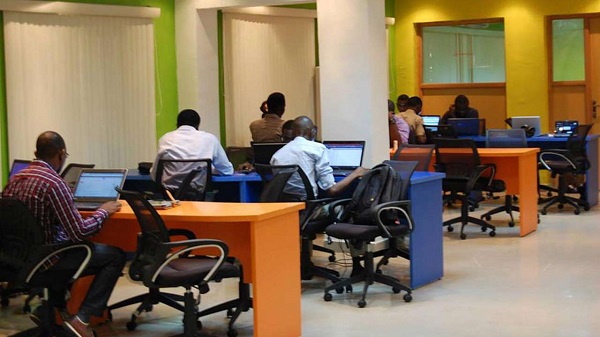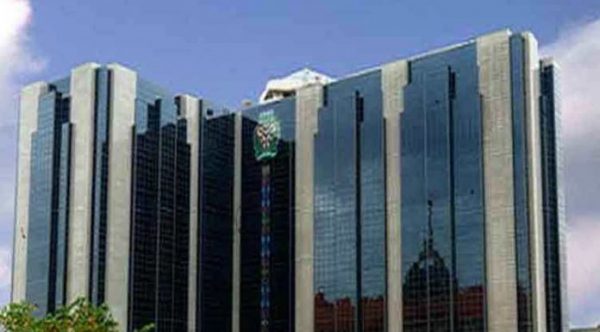Nigeria, Egypt, others control 50 per cent of Africa’s 700,000 developers
 •Continent’s Internet economy to hit $180b in 2025
•Continent’s Internet economy to hit $180b in 2025
Fifty per cent of the about 700,000 professional developers across Africa operate from Nigeria, Egypt, Kenya, Morocco and South Africa.
The e-Conomy Africa 2020 report, which revealed this, noted that African developers use both formal and informal education channels to gain skills and access high-paying jobs.
The report jointly produced by Google and the International Financial Corporation (IFC) disclosed that the top two developer training pathways are through university programmes and self-taught channels.
Specifically, the report revealed that Egypt has 86,599; Ghana 17, 488; Kenya 58, 175; Morocco 46, 483; Nigeria 83,609, and South Africa 118,541, among others.
The document, however, informed that despite the progress made, a skill gap exists in the industry, and curricula in engineering programmes do not give sufficient opportunity for students to apply skills learned in the classrooms.
The report said coding classes are driving growth in software development training. It added that training programmes of companies such as Decagon, Gebeya, Google, Moringa School, Semicolon, and Umuzi blend traditional learning with online, flexible learning and bootcamp-style experiences.
According to it, the science, technology, engineering and mathematics (STEM)-related programmes, outside formal education institutions, fill knowledge and skills gaps and equip participants with the expertise they need to advance in technology careers.
The e-Conomy report observed that women currently comprise 20 per cent of the total number of developers in Africa. It added that while this number is still low, the growth of the ecosystem has begun to create more opportunities for women coders, especially in Egypt, Morocco and South Africa.
It noted that developer communities across Africa are helping new developers learn new skills and upskill existing ones, offering shared connections, giving mentors a chance to share their knowledge, sparking curiosity and encouraging entrepreneurship and creativity.
Further, the report estimates that Africa’s Internet economy has the potential to reach 5.2 per cent of the continent’s gross domestic product (GDP) by 2025, contributing nearly $180 billion to its economy. The projected potential contribution could reach $712 billion by 2050, said the report.
Driving this growth, it notes, is a combination of increased access to faster and better quality Internet connectivity, a rapidly expanding urban population, a growing tech talent pool, a vibrant startup ecosystem and Africa’s commitment to creating the world’s largest single market under the African Continental Free Trade Area (AfCFTA).
The report stressed that Africa is home to 700,000 developers and that venture capital funding for startups has increased year-on-year for the past five years, with a record $2.02 billion in equity financing raised in 2019, according to Partech Ventures Africa.
Interim Managing Director, Executive Vice President and Chief Operating Officer of IFC, Stephanie von Friedeburg, said: “The digital economy can and should change the course of Africa’s history. This is an opportune moment to tap into the power of the continent’s tech startups for much-needed solutions to increase access to education, healthcare, and finance, and ensure a more resilient recovery, making Africa a world leader in digital innovation and beyond.”
Digital startups in Africa are driving innovation in fast-growing sectors, including fintech, healthtech, media and entertainment, e-commerce, e-mobility, and e-logistics, contributing to Africa’s growing Internet gross domestic product (iGDP) — defined as the Internet’s contribution to the GDP.
According to Google Africa Director,Nitin Gajria, Google and IFC created this report to highlight the role the digital startup sector is playing and other factors driving the continent’s growth, in order to showcase and support the opportunities the continent presents.
An analysis within the report, conducted by Accenture, found that in 2020, the continent’s iGDP may contribute approximately $115 billion to Africa’s $2.554 trillion GDP (4.5 per cent of total GDP). This is up from $99.7 billion (3.9 per cent of total GDP) in 2019, with the potential to grow as the continent’s economies develop.







